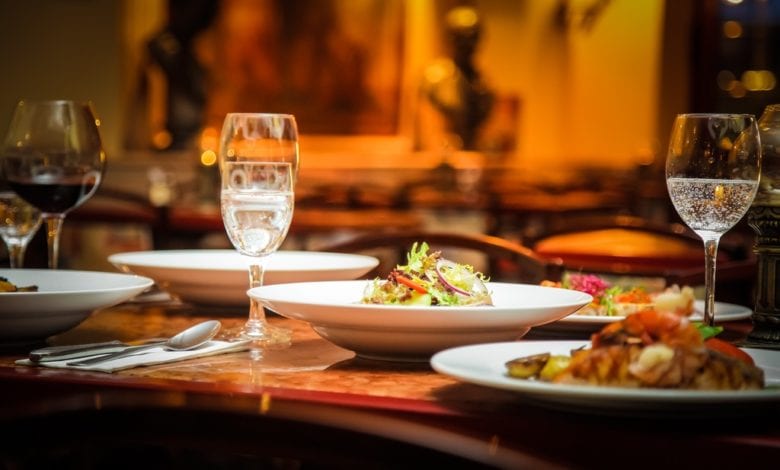Hospitality and leisure to add extra £3.5bn to UK economy
The report also estimates that if a preference for UK holidays continues at the same rate in 2022, it will add up to £9.2bn to the domestic tourism market

The hospitality and leisure industry is predicted to contribute £3.5bn more to the nation’s GDP this year than in 2019, according to Barclays Corporate Banking.

